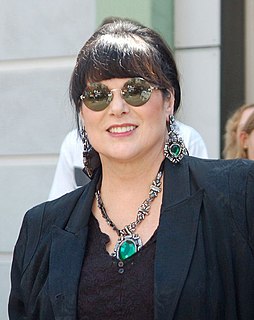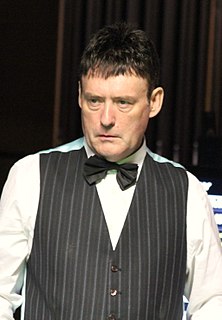A Quote by Ann Wilson
Fame put a lot of pressure on me in the Eighties and early Nineties - and I'm glad that I had the kind of makeup where I could come through it alive, keep myself in hand.
Related Quotes
Becoming baseball analyst was really important for me to not just be one of the first, but to literally break open the door and come in and stay, so that we could start inviting our friends and everyone, like, Come on. The door is open now. I am so proud of the fact that I put that pressure on myself: Alright, Jess, you've got a lot of women on your back right now and it's on you, so don't screw it up. I put that pressure on myself on purpose, so I'd realize it's not just about me, it's about a whole gender.
We just kind of relied on written scouting reports through the eighties and even the early nineties. I've really been amazed by some of the data that's out there, especially with regards to tendencies of hitters, and certainly tendencies of pitchers as well. I would have loved to have gotten that data when I played.
One of the things I do in banking committees is put pressure on them, and one of the other things I do is through my website, through outside pressure, and I ask people to come and help us join that fight where we can get people outside to keep putting the pressure on the Senate to make sure there are no compromises and weakening of Dodd-Frank.
You could analyze me and say that my father leaving and being absent was a motivator for early ambition, trying to prove myself to this apparition who had vanished. You could argue that me being a mixed kid in a place where there weren't a lot of black kids around might have spurred on my ambitions. You could go through a whole litany of things that sparked me wanting to do something important.
I don't want to say I took myself too seriously, but I put a lot of pressure on myself coming out of school. I saw so many people leave the business behind, certain opportunities disappear for folks who had to go into other professions. That kind of terrified me. As a result, I wanted things to happen really quickly.
By the late Nineties, we had become a more visual nation. Big-money taste moved to global standards - new architecture, design and show-off contemporary art. The Sloane domestic aesthetic - symmetry, class symbolism and brown furniture - became as unfashionable as it had been hot in the early Eighties.




































